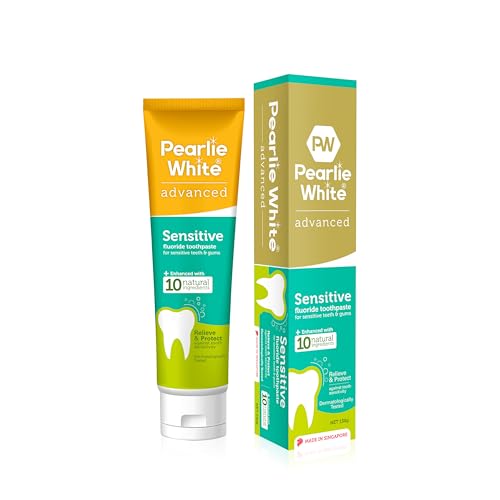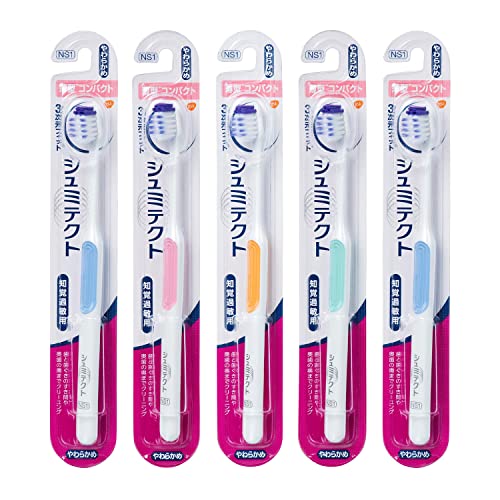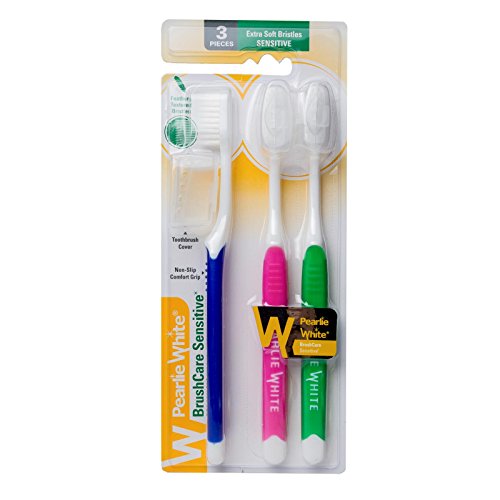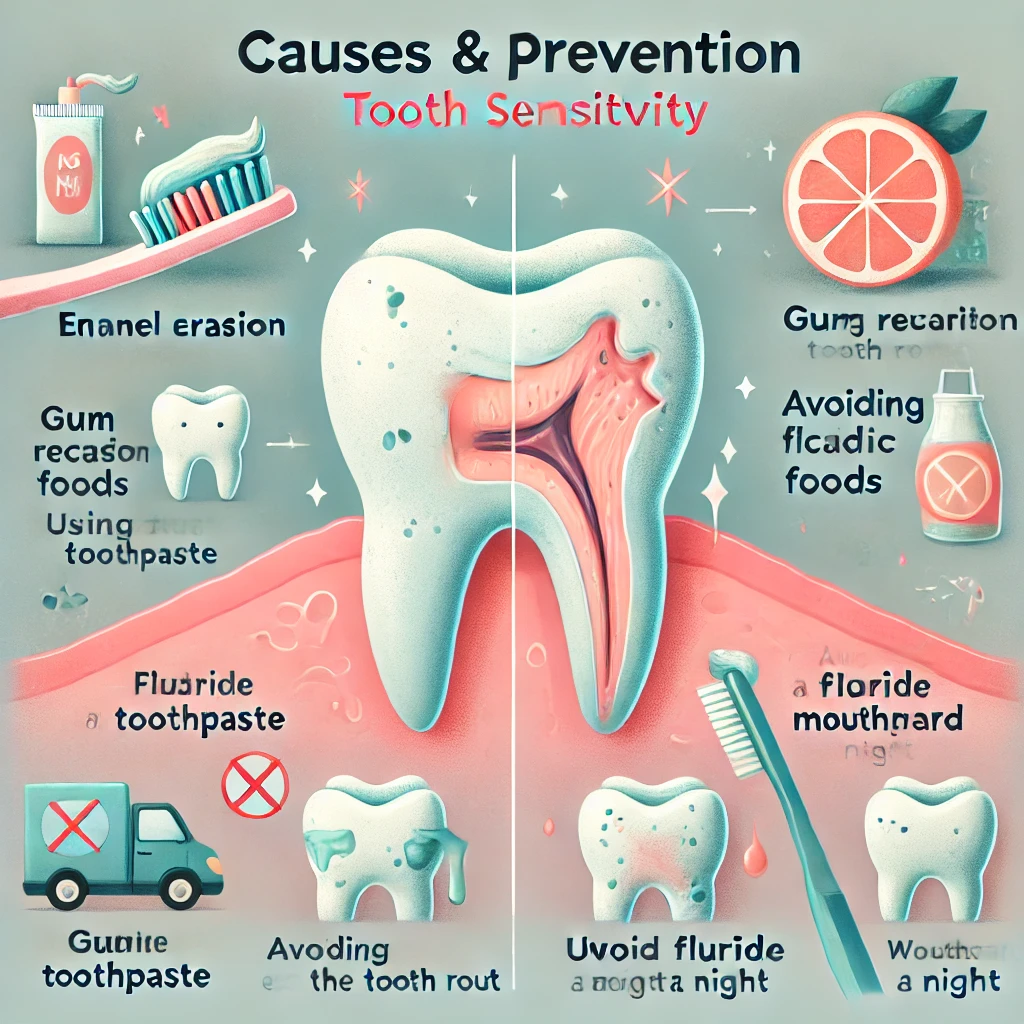Sensitive Teeth, also known as dentin hypersensitivity, affect a significant portion of the population, causing discomfort and impacting daily activities like eating and drinking. Understanding the causes, treatments, and preventive measures is crucial for maintaining optimal oral health.
What Are Sensitive Teeth?
Sensitive teeth refer to discomfort or pain in the teeth when exposed to certain stimuli, such as cold, hot, sweet, or acidic foods and beverages, or even cold air. This sensitivity typically arises when the dentin—the layer beneath the enamel—is exposed.
Causes of Tooth Sensitivity
Several factors can contribute to tooth sensitivity:
- Tooth Decay (Cavities): Untreated cavities can lead to the exposure of dentin, resulting in sensitivity.
- Gum Disease (Periodontal Disease): Inflammation and recession of the gums can expose tooth roots, which are not covered by enamel, leading to sensitivity.
- Worn Tooth Enamel: Aggressive brushing, consumption of acidic foods and beverages, or teeth grinding (bruxism) can wear down enamel, exposing the dentin.
- Cracked or Chipped Teeth: Damage to teeth can expose the dentin or even the pulp, causing significant sensitivity.
- Dental Procedures: Some dental treatments, such as teeth whitening, fillings, or cleanings, can temporarily increase tooth sensitivity.
Dental Pro 7 Eliminate Sensitive Teeth, Order Click here
Prevalence of Tooth Sensitivity
Tooth sensitivity is a common dental complaint. According to the Centers for Disease Control and Prevention (CDC), a significant number of adults experience oral pain, including tooth sensitivity, within a given year.
Treatment Options for Sensitive Teeth
Addressing tooth sensitivity involves various strategies, depending on the underlying cause:
- Desensitizing Toothpaste and Mouthwash: Over-the-counter products containing compounds that help block the transmission of sensation from the tooth surface to the nerve can be effective. Regular use is often necessary to achieve desired results.
- Fluoride Treatments: Dentists may apply fluoride to the sensitive areas of your teeth to strengthen enamel and reduce pain.
- Dental Bonding or Sealants: Applying bonding resin to exposed root surfaces can protect the dentin and reduce sensitivity.
- Surgical Gum Grafting: In cases where gum tissue has been lost, a surgical graft can cover exposed roots, protecting them and reducing sensitivity.
- Root Canal Therapy: For severe sensitivity that doesn’t respond to other treatments and involves the tooth’s pulp, a root canal may be necessary to eliminate the problem.
Preventive Measures
Preventing tooth sensitivity involves maintaining good oral hygiene and making mindful lifestyle choices:
- Proper Brushing Techniques: Use a soft-bristled toothbrush and avoid brushing too hard to prevent enamel wear and gum recession.
- Limit consumption of foods and drinks high in acid, such as citrus fruits, sodas, and wine, which can erode enamel.
- If you grind your teeth at night, a mouthguard can protect your teeth from wear and reduce sensitivity.
- Regular Dental Check-ups: Routine visits to the dentist can help identify and address potential issues before they lead to sensitivity.
The Link Between Oral Health and Overall Health
Maintaining oral health is not only crucial for preventing tooth sensitivity but also for overall well-being.
Conclusion: Sensitive Teeth
Tooth sensitivity is a common issue that can significantly impact quality of life. Understanding its causes, treatment options, and preventive measures is essential for maintaining both oral and overall health.





